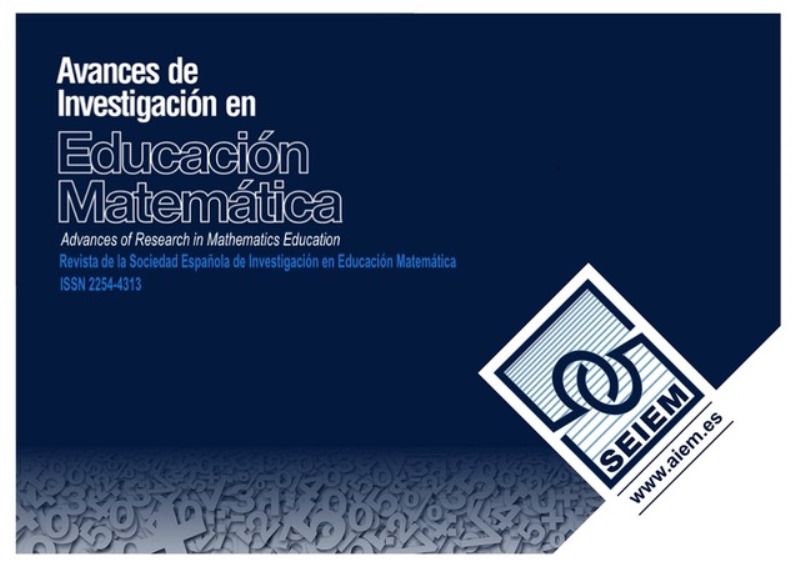Professional practices of Mathematics Teachers
DOI:
https://doi.org/10.35763/aiem.v1i1.5Keywords:
ArrayAbstract
This article discusses the notion of practice in order to analyze the work of the teacher in the classroom. It begins by examining two approaches for this notion, the cognitive and the socio-cultural, with special attention to the professional practices of the teachers, and identifies two key elements of such practice: the tasks and the classroom discourse. It then focuses on two practices in the teaching and learning of mathematics, the presentation of tasks to students and the collective discussions, reviewing the main features and issues and illustrating them with episodes of the grades 5 and 7 classroomsDownloads
Download data is not yet available.
Downloads
Published
2012-03-13
How to Cite
, , & . (2012). Professional practices of Mathematics Teachers. Advances of Research in Mathematics Education, (1), 65–86. https://doi.org/10.35763/aiem.v1i1.5
Issue
Section
Artículos
License
The articles published in this journal are under a license Creative Commons: By 4.0 España from number 21 (2022).
Authors who publish with this journal agree to the following terms:
- Authors retain copyright and keep the acknowledgement of authorship.
- The texts published in this journal are – unless indicated otherwise – covered by the Creative Commons Attribution 4.0 international licence. You may copy, distribute, transmit and adapt the work, provided you attribute it (authorship, journal name, publisher) in the manner specified by the author(s) or licensor(s). The full text of the licence can be consulted here: http://creativecommons.org/licenses/by-nc/4.0.
- Authors are able to enter into separate, additional contractual arrangements for the non-exclusive distribution of the journal's published version of the work (e.g., post it to an institutional repository or publish it in a book), with an acknowledgement of its initial publication in this journal.
- Authors are permitted and encouraged to post their work online (e.g., in institutional repositories or on their website) prior to and during the submission process, as it can lead to productive exchanges, as well as earlier and greater citation of published work (See The Effect of Open Access).









